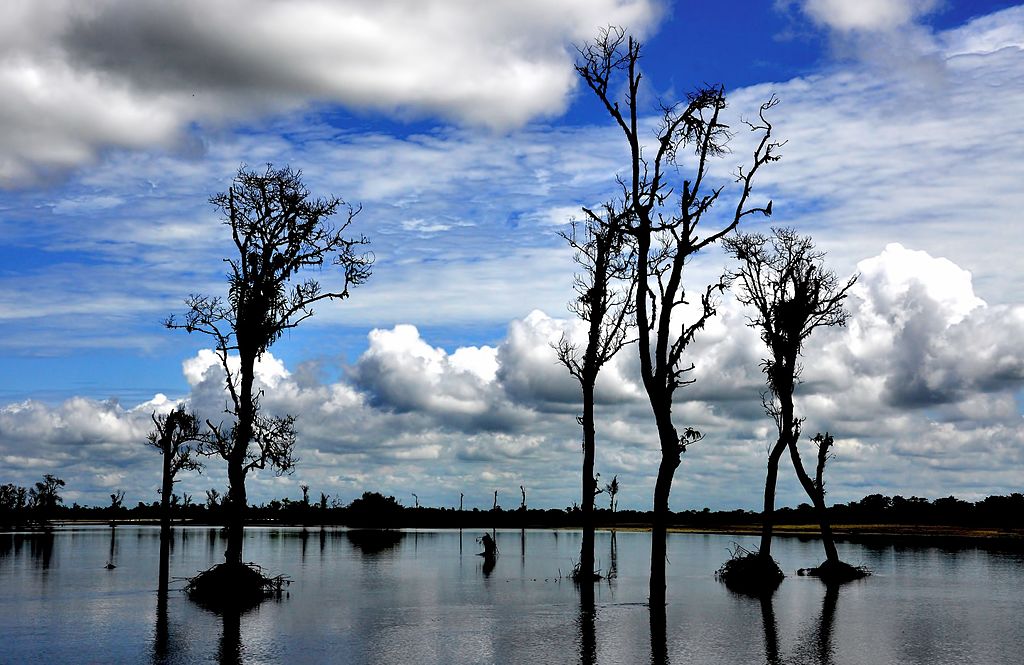Oil Exploration in Dibru Saikhowa National Park
The debate surrounding oil exploration in Assam’s Dibru Saikhowa National Park has intensified following the denial of permission for extraction activities. Oil India Limited (OIL) sought to conduct research and development (R&D) studies using Extended Reach Drilling (ERD) technology, despite previous rejections based on environmental concerns. The Environment Ministry’s Forest Advisory Committee (FAC) has now recommended the R&D proposal, but with strict conditions.
Overview of Extended Reach Drilling Technology
- Extended Reach Drilling (ERD) allows drilling at depths without disturbing the surface.
- This technology can reach depths of 3,500 to 4,000 metres by drilling horizontally underground, thus preventing surface disruption.
- OIL proposed using ERD to study its environmental impact without directly extracting oil.
Background of the Proposal
The R&D project was initiated after the FAC rejected a proposal for drilling seven wells inside the national park. This decision stemmed from concerns over environmental safety and previous incidents, notably a massive blowout at the Baghjan oil field in 2020. The Supreme Court has established stringent guidelines against mining activities in national parks and surrounding areas.
Role of the Wildlife Institute of India
The Wildlife Institute of India (WII) supports the R&D study, asserting that actual drilling is necessary to assess the impact on above-ground biodiversity. The WII has been tasked with conducting the study, which aims to cover various biogeographic zones over the next five years. The goal is to provide site-specific recommendations to mitigate potential adverse effects.
Environmental Concerns and Regulatory Framework
Despite the technological advancements, environmentalists have raised alarms about the potential risks. Concerns include the possibility of oil spills affecting local ecosystems, particularly given the proximity to the Brahmaputra River. The FAC’s initial rejection was influenced by legal precedents and the Ministry’s guidelines, which have increasingly restricted mining activities in sensitive areas.
Month: Current Affairs - February, 2025
Category: Environment Current Affairs








